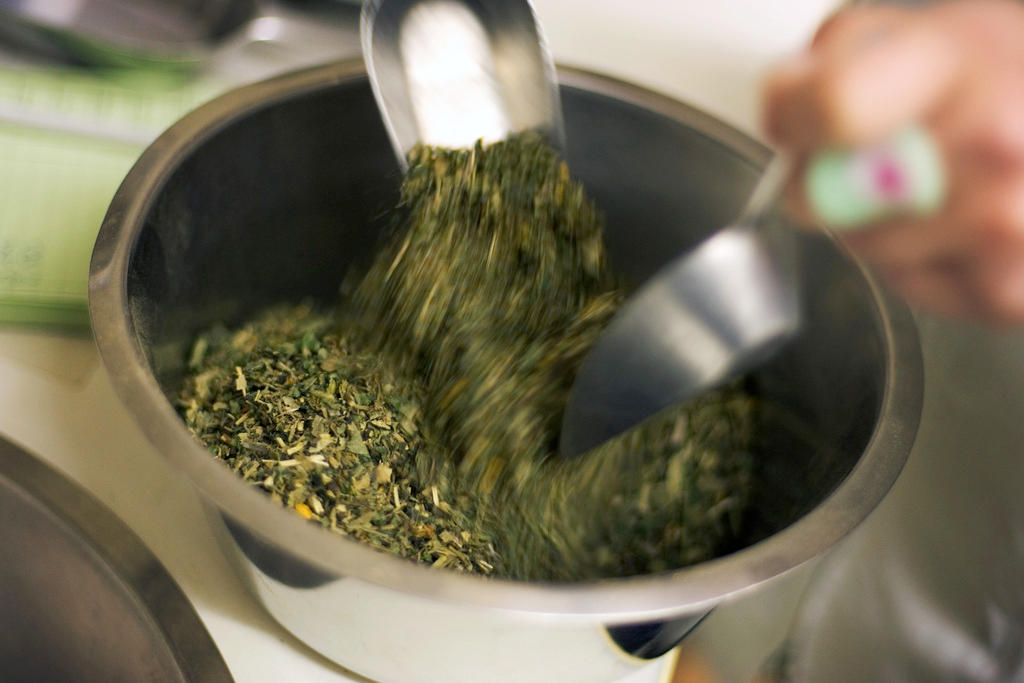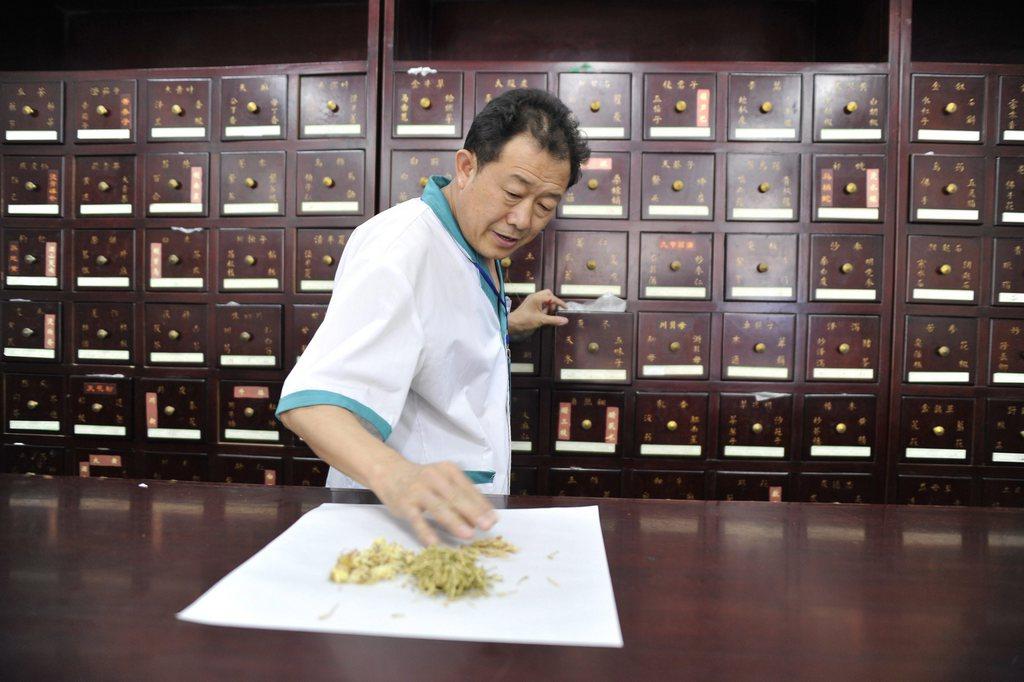Herbal products to be tested for toxic alkaloid

All herbal products containing specific plant species will need to undergo testing for pyrrolizidine alkaloids that can damage the liver, Switzerland’s medicine regulatory body Swissmedic has announced.
Most of the herbal plant species associated with alkaloid-producing weeds are cultivated in Europe and are commonly used in herbal teas.
The list includes St. John’s Wort (Hyperici herba), passionflower herb (Passiflorae herba), camomile (Matricariae flos), lady’s mantle (Alchemillae herba), liquorice root (Liquiritiae radix), balm leaf (Melissae folium), peppermint (Menthae piperitae folium), sage (Salviae folium), dandelion with root (Taraxaci herba cum radice), and thyme (Thymi herba).
The plant species listed do not contain the alkaloids themselves but products containing them could due to unintentionally harvested weeds. As a result, all companies using these plants in their herbal formulations will be required to demonstrate that care has been taken to avoid cross-contamination by weeds during the harvesting process.
“Producers will have to take extra care to identify weeds and eliminate them by using special herbicides or treating the soil before sowing seeds,” Daniel Herren of Swissmedic’s market surveillance department told swissinfo.ch.
Swissmedic has set the maximum limit for pyrrolizidine alkaloids at one microgram (a millionth of a gram) relative to the maximum daily dose for the herbal product. The regulatory body will also begin random checks from mid-2017 to check compliance.
The issue of weeds being responsible for pyrrolizidine alkaloids was first raised in 2013 by the German Federal Institute for Risk Assessment. In May 2016, the European Medicines Agency issued guidelines on tackling the problem.

In compliance with the JTI standards
More: SWI swissinfo.ch certified by the Journalism Trust Initiative












You can find an overview of ongoing debates with our journalists here . Please join us!
If you want to start a conversation about a topic raised in this article or want to report factual errors, email us at english@swissinfo.ch.